Enterprise sales software need to handle 5-20 stakeholders, 6-18 month cycles, and million-dollar deals that can make or break your quarter. Regular B2B sales tools simply cannot handle this level of complexity at scale.
There's a massive difference between convincing one person to purchase your $10K solution and orchestrating organizational change across departments, time zones, and approval processes. Enterprise tools are built exactly for that.
Think CRMs that won't crash with 500 users, and forecasting tools that don't give up while analyzing complex pipelines.
This guide covers 13 enterprise-grade sales platforms that deliver on scalability, security, and compliance requirements.
Enterprise sales software: Top picks
What's in your enterprise sales stack?
Your enterprise sales toolkit breaks down into six core categories, each handling a different piece of your revenue engine:
- CRM platforms for managing complex deals without crashing
- Sales engagement & automation for personalized outreach at scale
- Revenue intelligence for predicting which deals will actually close
- Sales enablement & training for getting reps productive with sales assets and coaching
- Sales intelligence for finding the right enterprise accounts
- Contract management for handling complex agreements digitally
I. CRM Platforms
Your CRM is the backbone of enterprise sales operations—it needs to handle hundreds of users, complex approval workflows, and massive data volumes without breaking down.
1. Salesforce Sales Cloud - Large enterprises with complex sales processes
Salesforce remains the gold standard for enterprise CRM. Yes, it's expensive and complex, but it scales indefinitely and can be molded to fit virtually any sales process.
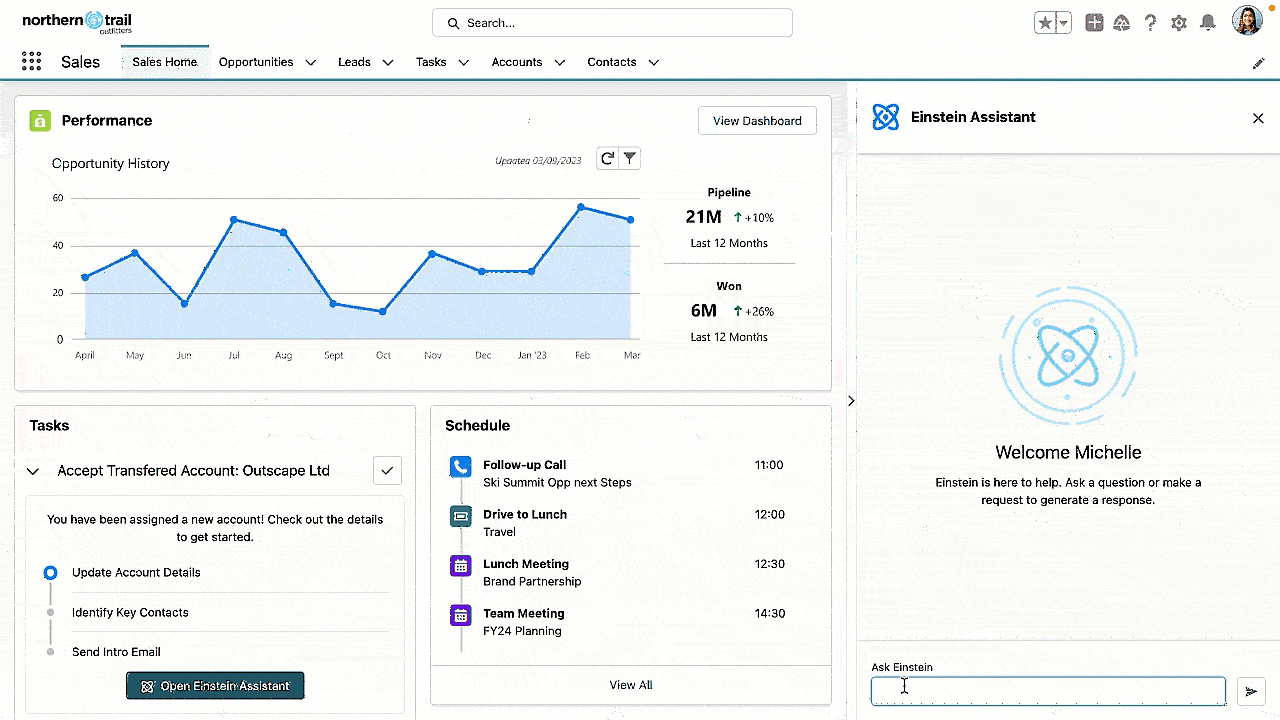
Key enterprise features:
- Complex workflow automation that mirrors your actual enterprise buying committee. Handle scenarios like "if deal size exceeds $500K, route to VP approval→ then legal review→ then procurement."
- Advanced territory management with automatic account assignment by region/industry
- Create custom objects for buying committees or compliance requirements that don't exist in standard CRMs
- Enterprise-grade security and granular permissions
- Predictive deal scoring to identify which deals are actually likely to close
- 5,000+ native integrations through AppExchange marketplace
Salesforce implementation reality:
3-12 months with dedicated admin resources. Budget $198K+ annually for 100-person teams (Enterprise Edition at $165/user/month)
Choose Salesforce when you have complex sales processes, need deep customization, and have the implementation budget and resources.
When to skip it: Need quick deployment, or want to avoid ongoing training and admin overhead.
2. HubSpot Sales Hub - Series B/C companies scaling to enterprise size
HubSpot bridges the gap between SMB tools and full enterprise platforms. It's built for companies outgrowing basic CRMs but not ready for Salesforce's complexity and cost.
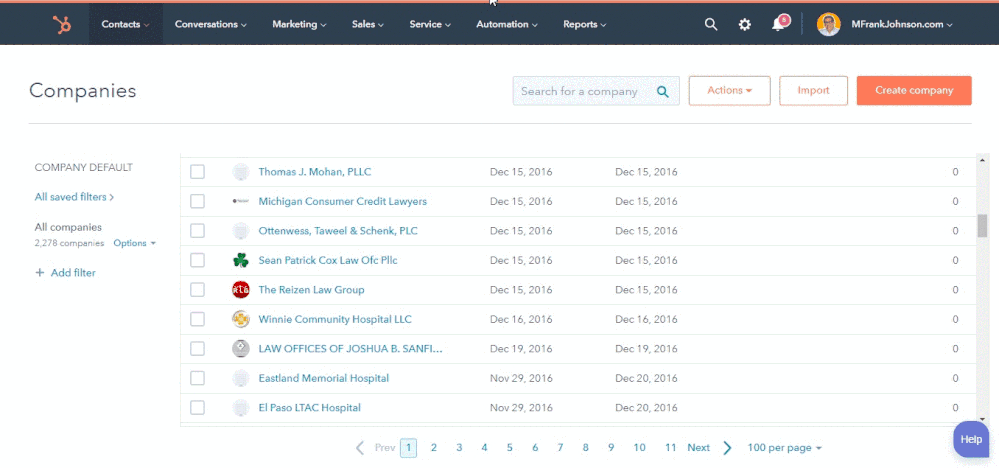
Key enterprise features:
- Marketing-sales alignment with a unified platform that tracks from the first website visit to closed deals. Essential when scaling marketing teams generate thousands of leads monthly
- Custom deal pipelines to build multiple pipelines for different product lines or regions without technical expertise
- AI-powered predictive lead scoring that analyzes engagement patterns to prioritize enterprise prospects
- Advanced reporting for executive dashboards and revenue forecasts without dedicated analysts
- Conversation intelligence with built-in call recording and analysis for high-value deals
- SOC 2 compliance and enterprise-grade security for distributed teams
Dynamics 365 Sales implementation reality:
4-8 weeks for basic setup, up to 2-3 months for complex enterprise deployments. Professional starts at $1,600/month for 5 users. (+$1,500-$3,500 onboarding fees)
Choose HubSpot when you're scaling from mid-market to enterprise, prioritize marketing-sales integration, or want enterprise features without enterprise complexity.
When to skip it: You have 500+ sales users, need highly complex customization, or require advanced compliance beyond SOC 2.
3. Microsoft Dynamics 365 Sales - Large enterprises already invested in the Microsoft ecosystem
Microsoft Dynamics 365 Sales should be your go-to CRM tool if your organization runs on Microsoft infrastructure. It offers the deepest native integration you'll find. It's built for enterprises that want their CRM to work seamlessly with existing Microsoft investments.
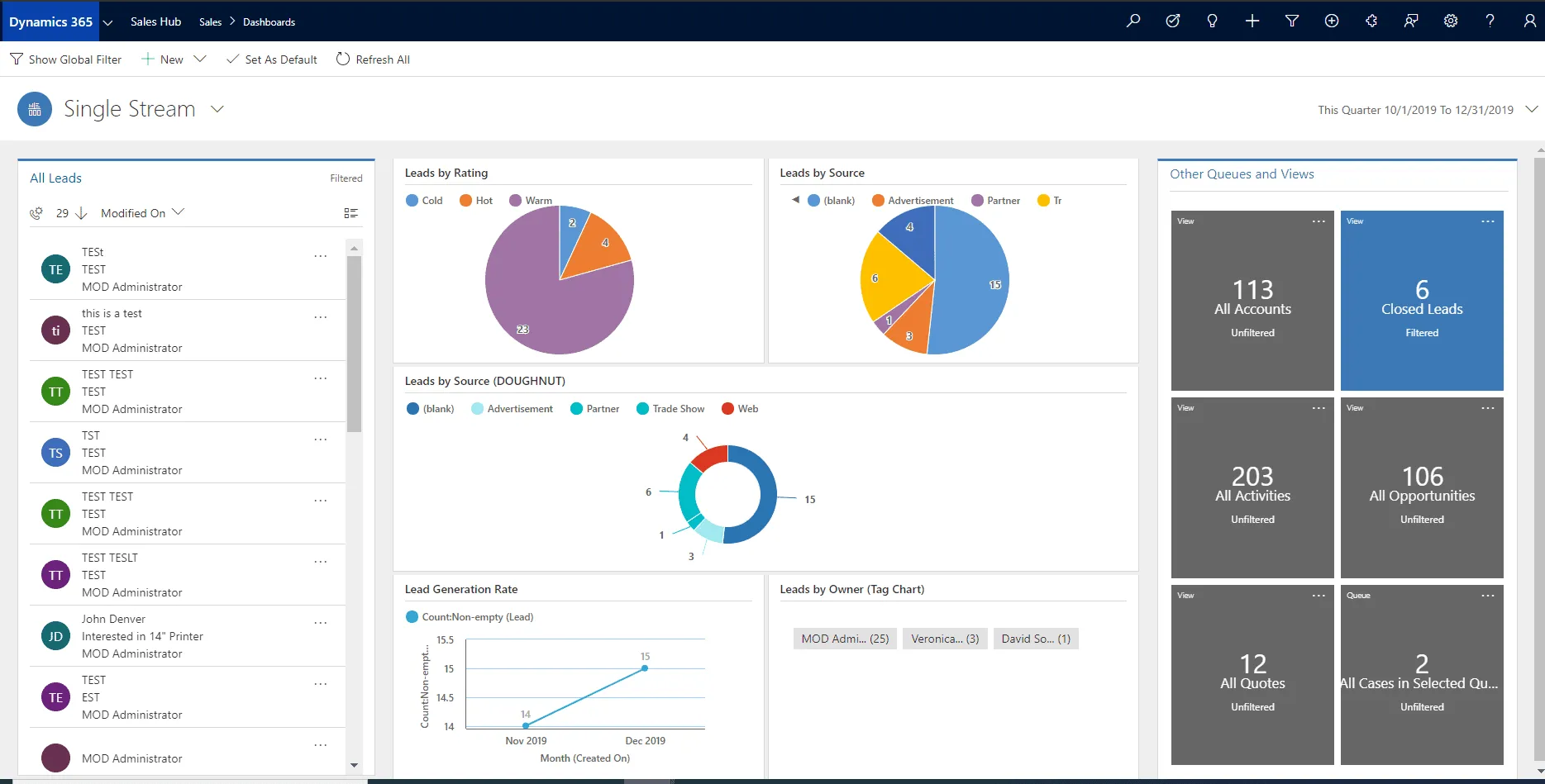
Key enterprise features:
- Native Microsoft integration with Outlook, Teams, SharePoint, and Power BI without custom integrations
- Advanced workflow automation using Microsoft Power Automate across multiple business applications
- AI-powered insights that leverage your existing Microsoft 365 usage data for relationship analytics
- Enterprise security that inherits your existing Azure Active Directory permissions and compliance settings
- Global deployment with multi-language support and data residency options
- Custom development on the Power Platform without leaving the Microsoft ecosystem
Dynamics 365 Sales implementation reality:
2-4 months if you're already on Microsoft infrastructure. Often bundled with existing enterprise Microsoft agreements at $105/user/month.
Choose Dynamics 365 when you're heavily invested in Microsoft infrastructure, want to minimize vendor complexity, or need enterprise features that leverage existing Microsoft investments.
When to skip it: You use Google Workspace or other non-Microsoft platforms, need best-in-class CRM features over integration convenience, or want more customization options than Power Platform provides.
II. Sales engagement & automation
Sales engagement platforms automate the repetitive parts—email sequences, follow-ups, call scheduling—while keeping the personal touch that million-dollar deals require.
1. Outreach - Large sales teams running complex, multi-touch campaigns
Outreach handles the complexity that comes with enterprise scale—hundreds of reps, thousands of prospects, and sophisticated campaign logic that adapts based on prospect behavior.
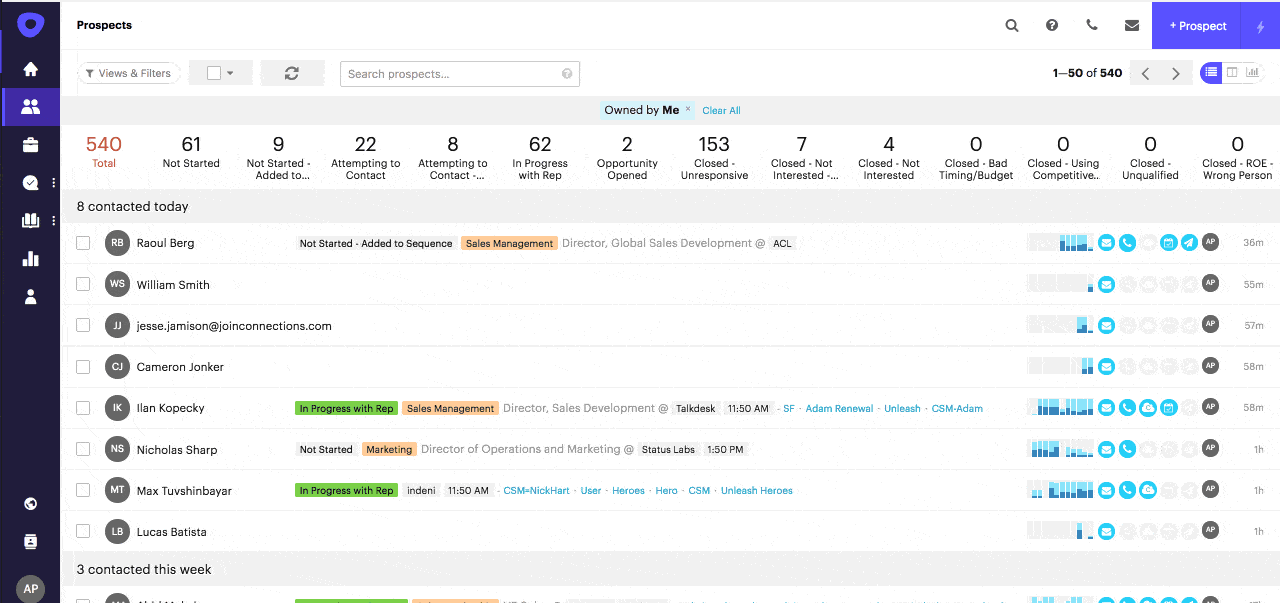
Key enterprise features:
- Advanced sequence logic that adapts based on prospect responses, email engagement, and CRM data
- Team collaboration to share sequences, templates, and best practices across global teams
- A/B testing at scale across thousands of prospects to optimize enterprise-wide campaigns
- Compliance management with GDPR compliance and time zone optimization for global outreach
- Deep CRM integration with bi-directional Salesforce sync and automated workflow triggers
- Advanced analytics for tracking campaign performance across teams and regions
Outreach implementation reality:
6-8 weeks, including team training and sequence building. Pricing start at $100/user/month.
Choose Outreach when you have large sales teams, complex multi-touch campaigns, and need enterprise-grade compliance and analytics.
When to skip it: You have simple outreach needs, smaller teams, or want more affordable solutions without advanced campaign logic.
2. Salesloft - Comprehensive engagement with revenue intelligence
Salesloft combines traditional sales engagement with revenue intelligence capabilities, offering both outreach automation and deal prediction in one platform.
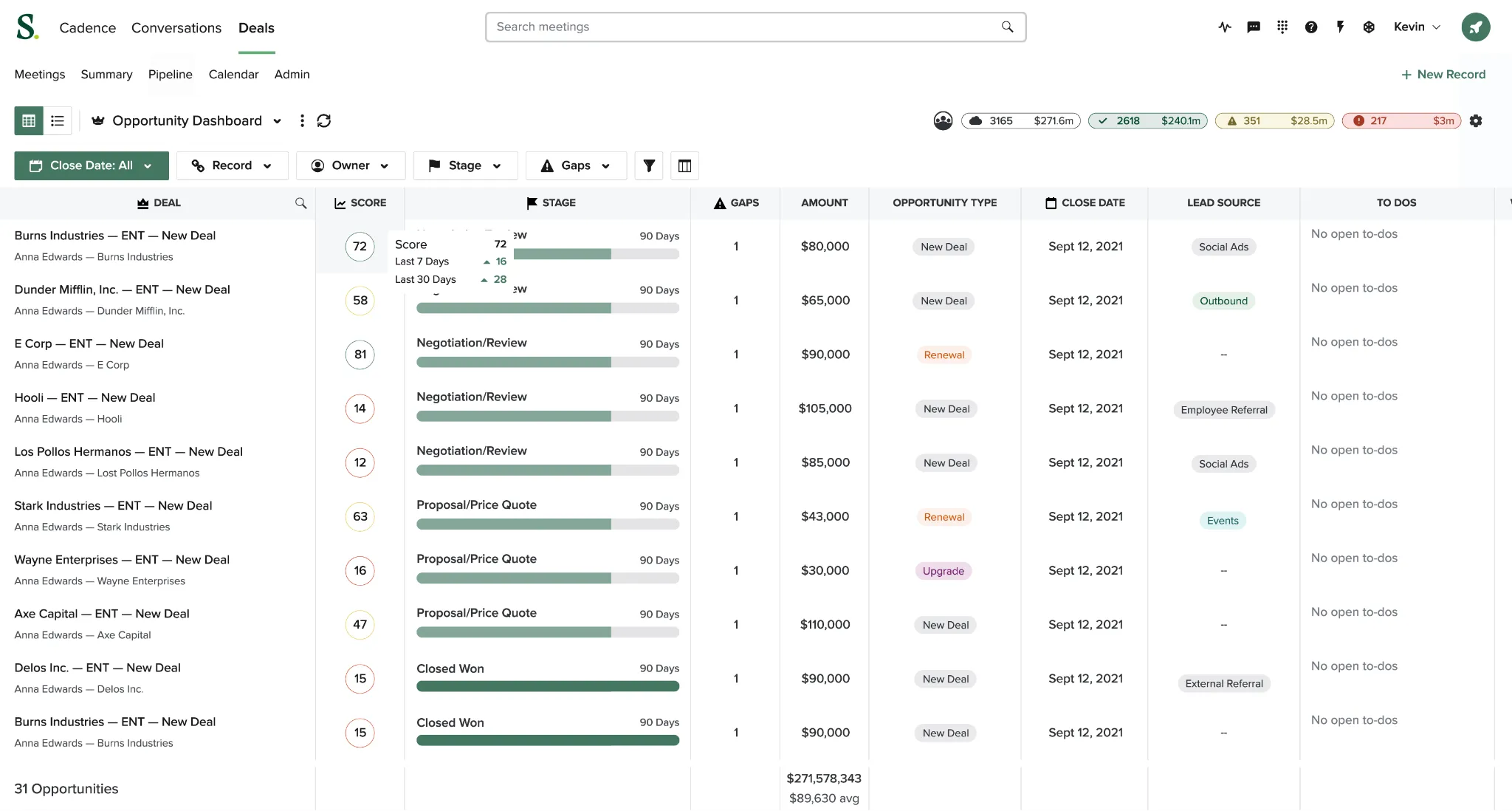
Key enterprise features:
- Multi-channel sequences across email, phone, LinkedIn, and video with an intuitive interface
- Conversation intelligence with built-in call recording and analysis that surfaces sentiment and competitor mentions
- Revenue forecasting that predicts deal outcomes using AI analysis of communication patterns
- Team performance analytics to track rep activity and conversion metrics across global teams
- Dynamic personalization with custom fields and trigger events inserted automatically
- Compliance features with GDPR and global unsubscribe management
Salesloft implementation reality:
2-6 weeks, including team training. Advanced plan starts at ~$1,000/user/year.
Choose Salesloft when you want engagement plus revenue intelligence in one platform, prioritize user-friendly interfaces, or need strong conversation intelligence features.
When to skip it: You already have dedicated forecasting tools, need the most advanced sequence logic, or prefer best-of-breed point solutions.
3. Nooks - High-volume phone prospecting for enterprise SDR teams
Nooks specializes in making phone prospecting efficient at enterprise scale, focusing specifically on power dialing and phone-based workflows
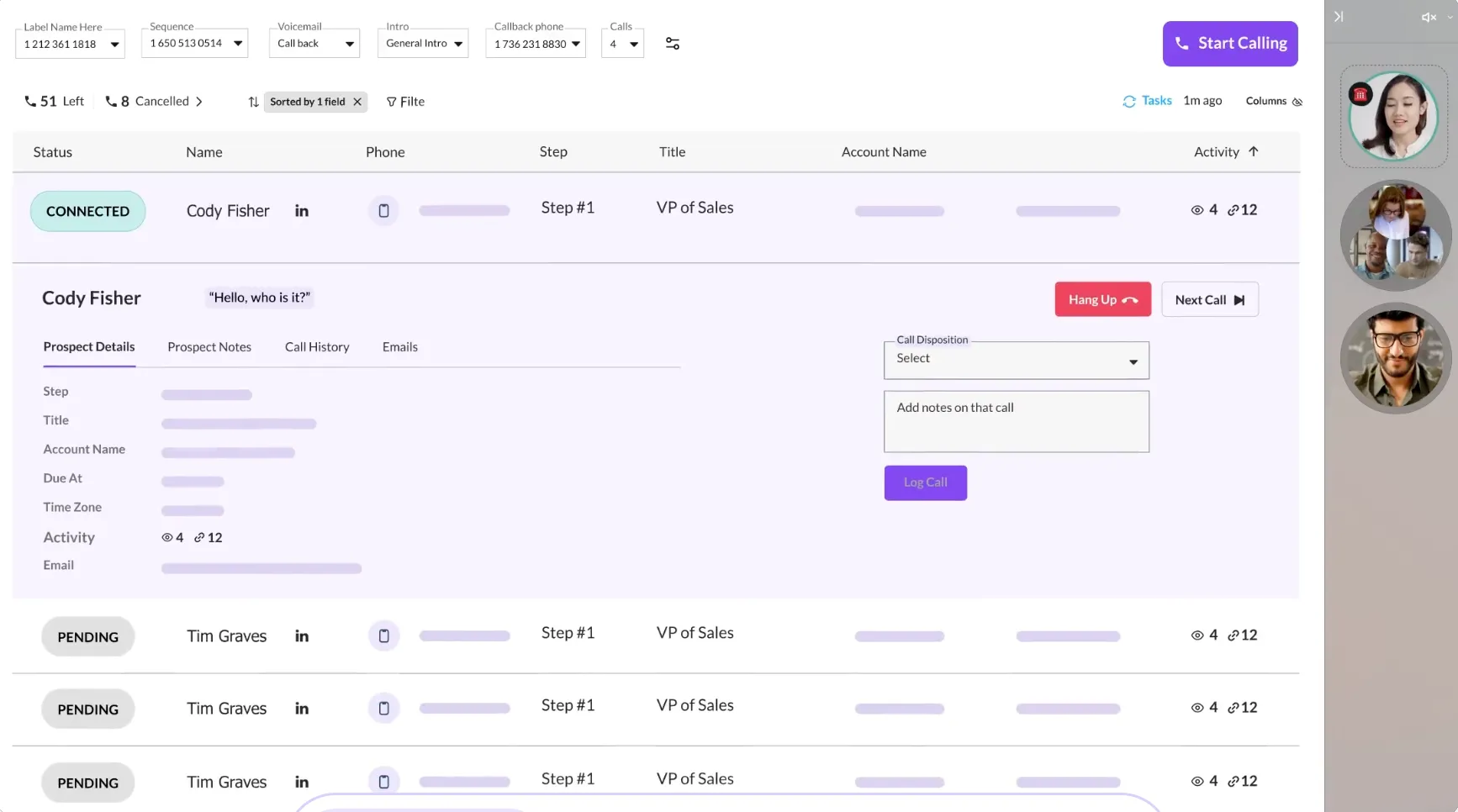
Key enterprise features:
- Power dialing with local presence that automatically shows local area codes to increase answer rates across markets
- Real-time call coaching with AI providing live suggestions, objection handling tips, and next-step recommendations
- Voicemail automation with pre-recorded messages that trigger automatically when calls go to voicemail
- Call analytics and scoring to track call quality, talk time, and conversion rates across large SDR teams
- CRM integration that automatically logs calls, updates lead status, and triggers follow-up sequences
- Compliance features, including call recording consent, DNC list management, and calling hour restrictions
Nooks implementation reality:
2-3 weeks for basic setup with ongoing coaching to optimize performance. Pricing focuses on call volume rather than seat count
Choose Nooks when your enterprise relies heavily on phone prospecting, you have dedicated SDR teams making hundreds of calls daily, or needs local presence across multiple markets.
When to skip it: You prioritize email over phone outreach, need full multi-channel engagement, or want an all-in-one platform rather than a specialized tool.
III. Revenue intelligence
Revenue intelligence platforms surface insights that traditional CRM reporting misses. These are AI-powered tools that analyze conversations, deals, and buyer engagement to predict closing opportunities.
Gong - Conversation intelligence meets deal prediction
Gong records and analyzes every sales call, email, and meeting to understand what drives deal success. It's particularly powerful for enterprises with complex sales processes where conversation quality directly impacts million-dollar outcomes.

Key enterprise features:
- Call analysis across deal stages to track talk time, question patterns, and competitor mentions throughout long enterprise sales cycles
- Deal risk scoring with AI that analyzes communication patterns to predict which deals are at risk weeks before it stalls
- Competitive intelligence that automatically surfaces competitor mentions, win/loss themes, and objection patterns across your organization
- Manager coaching insights to identify top performer behaviors and scale them across teams
- Revenue forecasting that predicts deal outcomes based on conversation quality and buyer engagement, rather than just CRM data
- Enterprise security with call recording compliance, data encryption, and granular permissions for global teams
Gong implementation reality:
4-6 weeks for basic setups, 8-10 weeks for complex enterprise implementations. Total first-year costs often $100k-$140k for mid-sized teams.
Choose Gong when you have complex sales conversations, need to improve deal predictability, or want to scale successful behaviors across large teams.
When to skip it: You have simple transactional sales, limited phone/video interactions, or privacy concerns about recording customer conversations.
IV. Sales enablement & training
These are platforms that provide reps with sales content, presentations, and training programs they need—ensuring consistent messaging and skills across teams. These tools become essential at enterprise scale, where inconsistent sales assets and training cost millions in lost deals.
1. MindTickle - Sales training and readiness for large enterprises
MindTickle focuses specifically on getting sales reps ready to sell through structured training programs, assessments, and ongoing coaching workflows.
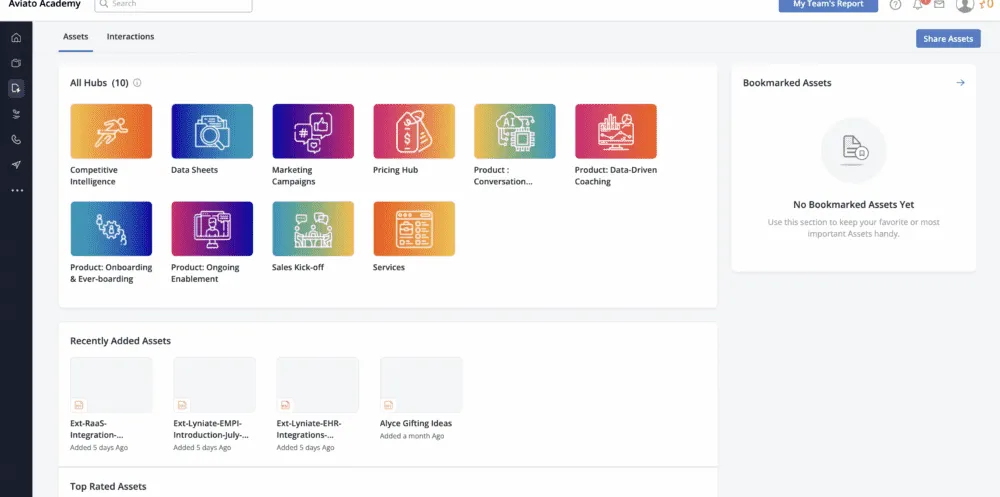
Key enterprise features:
- Sales readiness programs with structured onboarding through role-playing and certification tracking
- Ongoing coaching workflows with manager-driven programs and skill development paths
- Simulation training for practicing complex enterprise sales situations and objection handling
- Performance tracking that identifies skill gaps and training needs across large teams
- Assessment and certification to ensure reps meet competency standards before client-facing roles
- Content integration that connects training materials to actual sales scenarios
MindTickle implementation reality:
6-8 weeks for basic setup with ongoing content development and coaching optimization.
Choose MindTickle when you have complex products requiring extensive training, high rep turnover needing systematic onboarding, or want data-driven coaching programs.
When to skip it: You have simple products with short learning curves, small teams that can handle ad-hoc training, or a limited budget for specialized training platforms.
2. Seismic - Comprehensive content management for enterprise teams
Seismic combines content management, sales coaching, and marketing alignment in one system. It automates content delivery and ensures reps have the right materials at the right time.
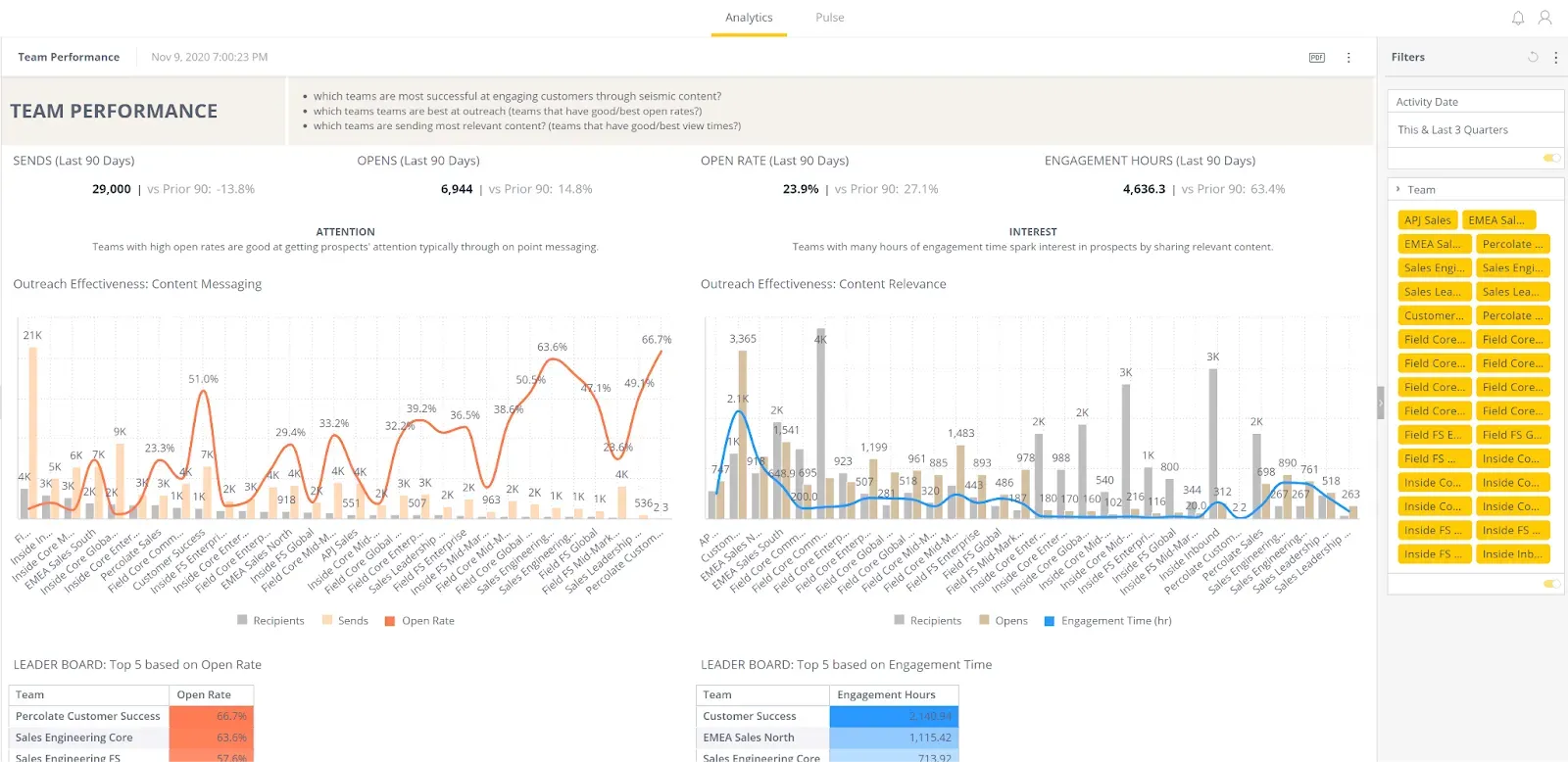
Key enterprise features:
- Content automation that personalizes sales materials based on prospect profile and deal stage
- Training and certification with built-in learning management and assessment tracking
- Sales coaching tools with performance analytics and content usage insights
- Marketing-sales alignment through content creation workflows that keep materials current
- Advanced analytics for ROI tracking on content and training investments
- Template management with dynamic content that updates automatically
Seismic implementation reality:
4+ months for enterprise deployment. Requires a dedicated content management team. Single vendor simplifies procurement and support.
Choose Seismic when you want comprehensive enablement capabilities, prefer single-vendor simplicity, or need tight integration between content and training.
When to skip it: You need specialized best-in-class capabilities, have unique training requirements, or prefer the flexibility of multiple vendors.
3. Storylane - Interactive demo software for GTM teams
Storylane creates interactive product demos of your actual product interface that prospects can explore on their own—without needing access to your live production environment. It is ideal for B2B SaaS companies that need to demo their product to multiple stakeholders.
Key enterprise features:
- No-code demo creation that eliminates presales engineering bottlenecks and lets GTM teams create demos without technical dependencies.
- Personalization at scale to customize demos with prospect company names, industry-relevant data, and different stakeholder use cases
- Analytics and insights that track which demo step prospects engage with most, and which stakeholders are most active
- Lead capture integration with embedded lead forms and qualification questions directly within demo experiences
- Sales handoff workflows with automatic notifications when prospects complete demos, including engagement data and email alerts for follow-up
- Enterprise security, including SOC 2 Type II, GDPR compliance, SSO integration, and password protection
Storylane implementation reality:
Self-start in 15 minutes for screenshot and HTML demos. ~2 weeks to build a comprehensive demo library with onboarding support. Free plan with 1 demo; $40/month for screenshot demos, $500/month for HTML capture
Choose Storylane when you sell complex products that benefit from interactive exploration, have lengthy demo processes, or need to scale demos across global teams.
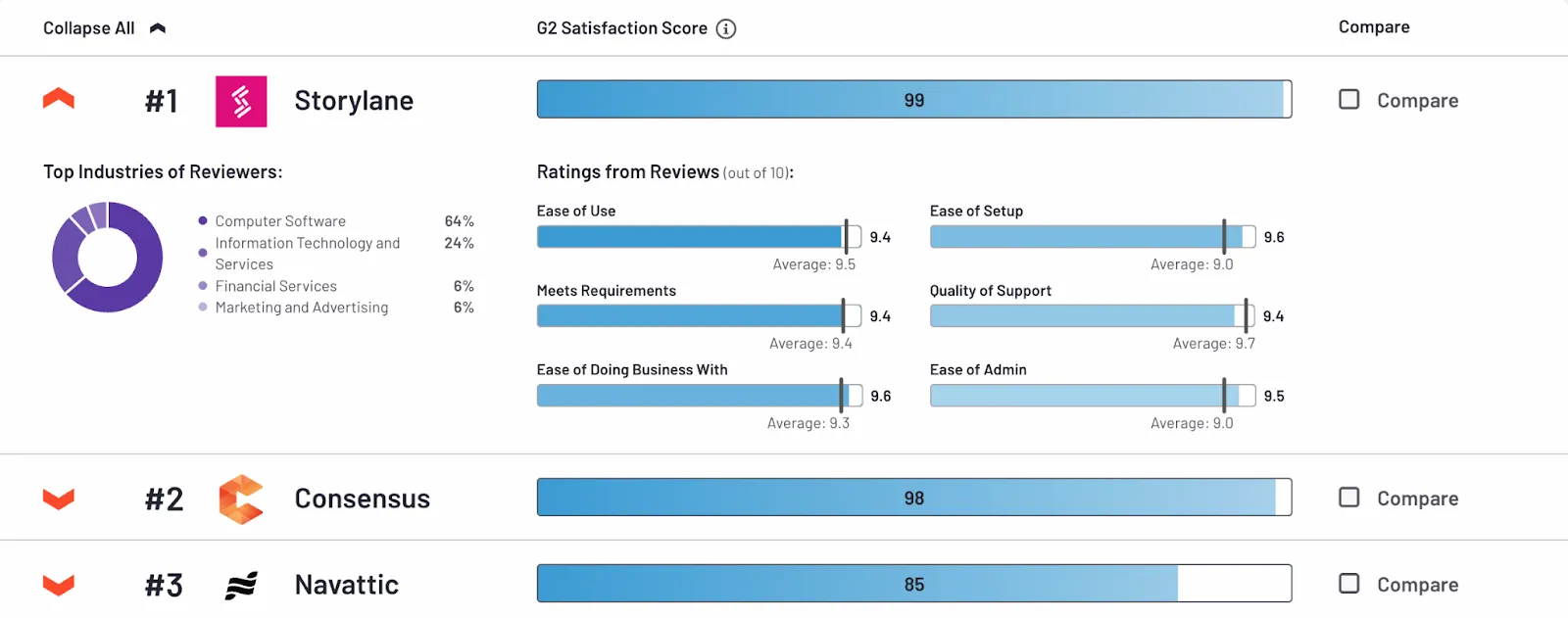
When to skip it: You need platforms specifically for live demos, or you need comprehensive training and content management beyond demo creation.
V. Sales intelligence
Sales intelligence platforms provide the foundation for account-based sales strategies and help teams prioritize their limited resources on the highest-value opportunities.
1. ZoomInfo - Comprehensive B2B database and intent signals
ZoomInfo is a massive database of business contacts and companies with detailed intelligence about who works where, what technology they use, and when they might be ready to buy.
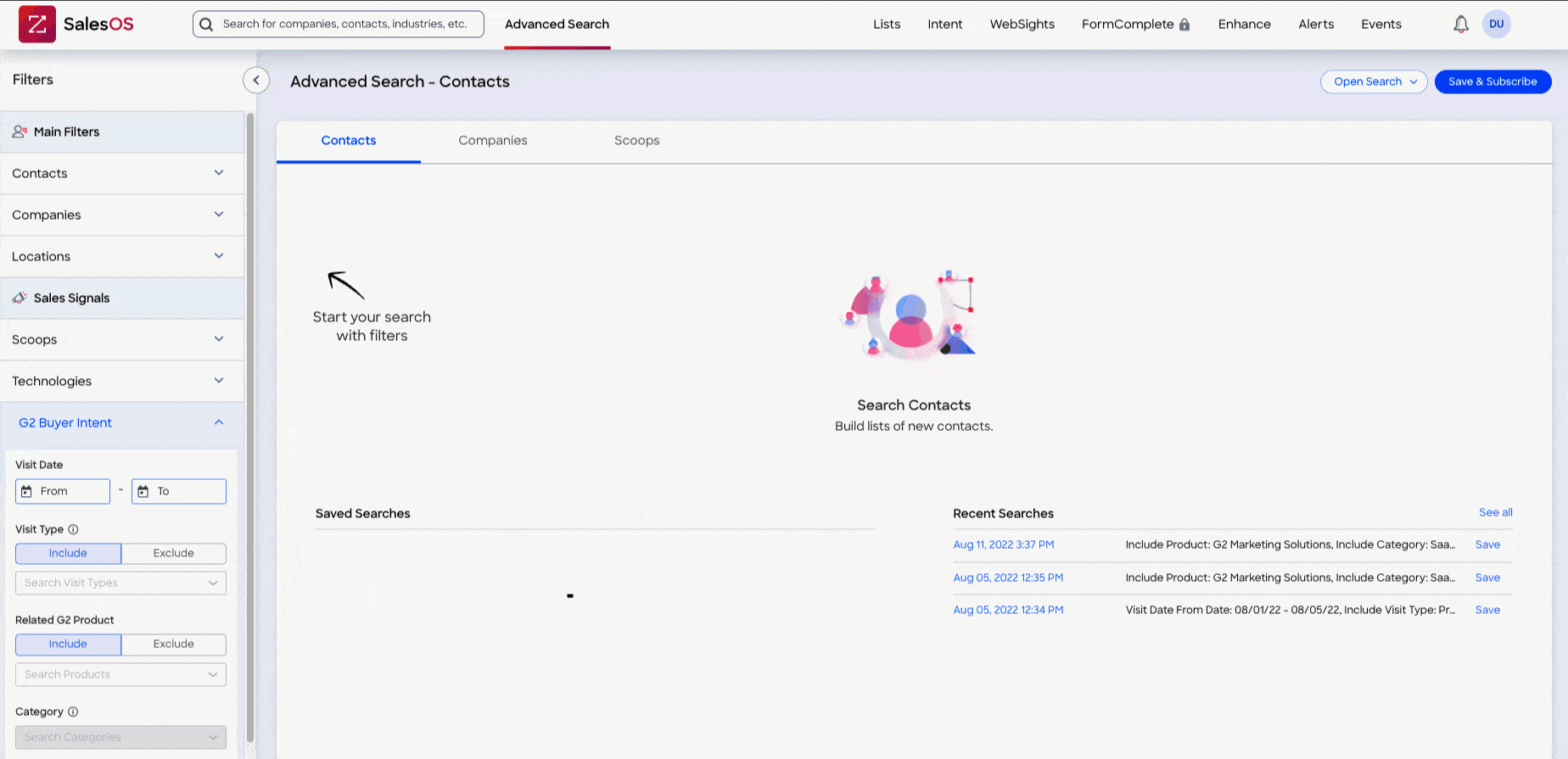
Key enterprise features:
- Organizational mapping with complete org charts showing reporting structures, recent hires, and role changes for navigating complex buying committees
- Intent data and buying signals that track which companies are researching solutions in your category based on web behavior and technology investments
- Technographic intelligence to understand prospect technology stacks, upcoming renewals, and infrastructure changes for timing outreach
- Data enrichment that automatically populates CRM records with accurate contact information and organizational context
- Advanced search and filtering with 200+ filters, including company growth rate, funding events, and hiring patterns
- Compliance and data governance with GDPR compliance, data source transparency, and opt-out management
ZoomInfo mplementation reality:
2-4 weeks for full integration and team training; pricing scales significantly with data access levels and seats. Starts at approx $14,995/year.
Choose ZoomInfo when you need comprehensive prospect research, have dedicated prospecting teams, or run account-based sales strategies requiring detailed market intelligence.
When to skip it: You have simple lead generation needs, limited prospecting budgets, or sell to narrow markets where you already know all potential accounts.
2. LinkedIn Sales Navigator - Social selling and relationship intelligence
Sales Navigator is LinkedIn's premium sales tool that turns the professional social network into a prospecting and relationship-mapping platform for finding contacts and engaging them through LinkedIn's messages.
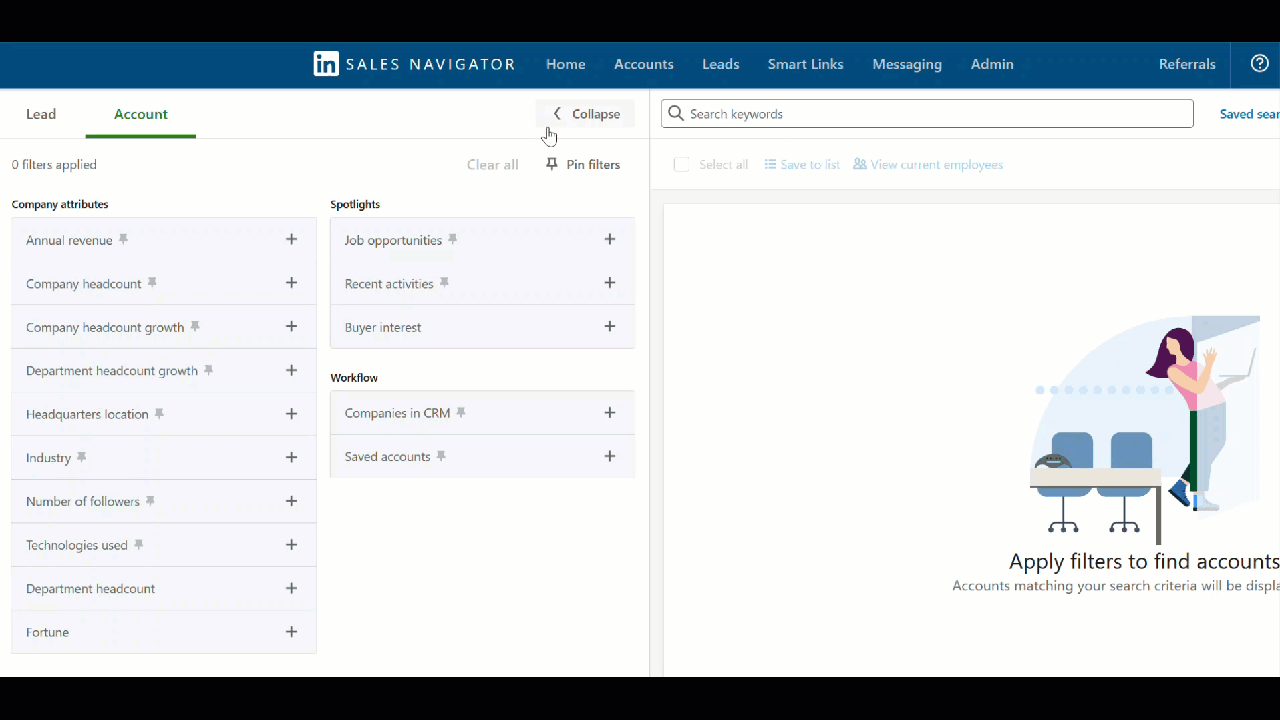
Key enterprise features:
- Advanced lead and account search to filter LinkedIn's 900M+ professionals by company, role, geography, and activity
- Relationship mapping that identifies mutual connections and warm introduction paths to key prospects
- InMail messaging for direct messaging to prospects outside your network with higher response rates than cold email
- Sales insights and alerts to track job changes, company updates, and prospect activity for perfect timing
- Team collaboration to share accounts, leads, and insights across sales teams without duplicating outreach
- CRM integration with Salesforce and HubSpot to maintain complete records of social selling activities
Sales Navigator implementation reality:
1-2 weeks for team onboarding and integration setup. Monthly costs starting around $99 for Core, $149 for Advanced plan.
Choose Sales Navigator when you sell through relationships, target C-level executives, or need warm introduction paths to accelerate complex enterprise sales cycles.
When to skip it: You rely primarily on inbound leads, have simple transactional sales, or need comprehensive company data beyond LinkedIn profiles.
VI. Contract Management
Contract management platforms streamline the entire agreement lifecycle from creation through execution, ensuring deals don't stall in legal review or get held up by manual approval processes.
DocuSign - Digital contract lifecycle management
DocuSign automates the entire contract process from document creation to final signature, eliminating the back-and-forth emails and manual tracking that slow down enterprise deals.
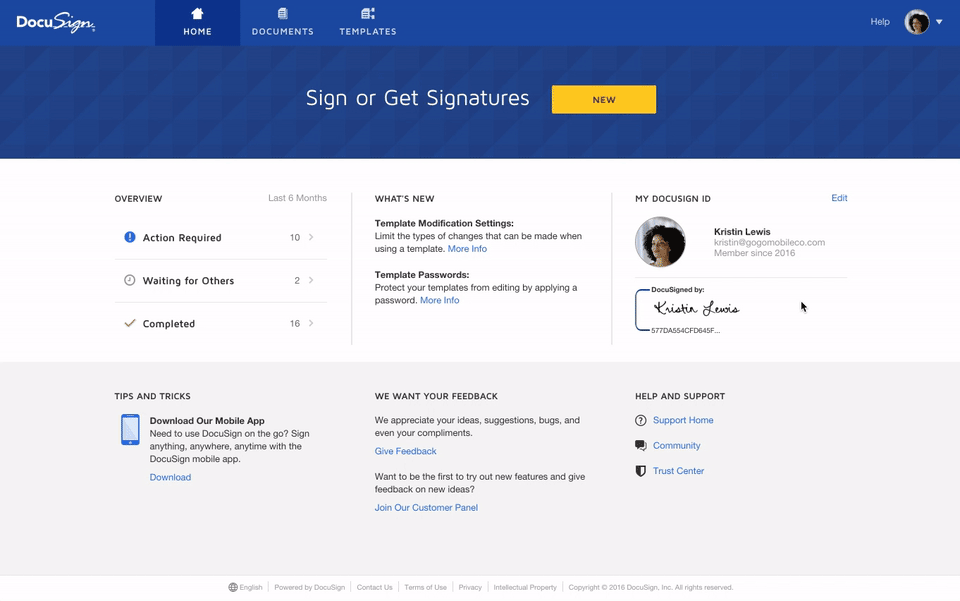
Key enterprise features:
- Advanced workflow automation that routes contracts through complex approval chains automatically based on deal value and stakeholder requirements
- Legal team collaboration with built-in redlining, comment tracking, and version control for complex enterprise agreements
- Compliance and audit trails with complete records of who viewed, edited, and signed documents with timestamps and IP addresses
- Template management with standardized contract templates and dynamic fields that populate based on CRM data
- Enterprise security, including SOC 2 Type II compliance, advanced encryption, and granular permissions for sensitive contract information
- Bulk sending and tracking to send multiple contracts simultaneously and track completion status across large deals
DocuSign implementation reality:
2-4 weeks for enterprise deployment including legal team training and template setup. $25/user/month.
Choose DocuSign when you have complex approval processes, need detailed compliance tracking, or want to eliminate contract delays that push enterprise deals across quarters.
When to skip it: You have simple agreements that don't require multiple approvals, limited contract volume, or existing legal processes that work efficiently.
Enterprise software selection framework
To sum it up
Enterprise sales software comes down to three things:
- Pick tools that won't break at scale
- Ensure it integrates with each other
- Prioritize adoption over features
Most companies overthink this. Start with Salesforce or HubSpot for CRM, add one engagement tool like Outreach, and one intelligence platform like Gong or ZoomInfo. That covers 90% of enterprise sales needs.
The biggest mistake? Buying based on feature lists instead of what your team will actually use. A simpler tool that gets adopted beats complex software that sits idle.
Frequently asked questions: Enterprise sales software
Here are few frequently asked questions we get from sales leaders looking to build an enterprise sales software stack:
Q. How long does enterprise sales software implementation take?
3-12 months for complex platforms like Salesforce, 1-3 months for simpler tools like HubSpot. Add 2-4 weeks for team training and adoption. Budget extra time for custom integrations and data migration.
Q. Is CRM an enterprise software?
Not automatically. Platforms like Salesforce and HubSpot Enterprise are built for enterprise scale, but basic CRM tools will break under enterprise complexity. Look for 500+ user capacity, custom workflows, and enterprise security certifications.
Q. What makes sales software "enterprise-grade"?
It supports 500+ users without performance issues, meets SOC 2 and GDPR compliance, handles complex approval workflows, and offers SSO and advanced security.
Q. Salesforce vs HubSpot: Which CRM for enterprise?
Choose Salesforce for 500+ users and complex customization needs. Pick HubSpot if you're scaling to enterprise with under 500 users and need tight marketing-sales alignment.
Q. How do you avoid tool sprawl in an enterprise stack?
Start with integrated platforms (like HubSpot's all-in-one approach) before adding point solutions. Set a rule: new tools must integrate with your CRM or replace existing functionality. Audit your stack quarterly—if reps aren't using it, cut it.
Q. What's the real cost beyond licensing?
Implementation typically costs 2-3x the annual license fee. Add dedicated admin resources ($80-120K annually for complex platforms), ongoing training, and integration maintenance. Budget 40-60% more than the sticker price.
Q. How do we handle change management with large sales teams?
Roll out in phases: start with 20% of your team, gather feedback, refine processes, then expand. Identify power users as internal champions. Most importantly—show clear ROI within 90 days or you'll lose buy-in.
Q. What's the biggest mistake when buying enterprise sales software?
Choosing based on features instead of adoption. The most powerful platform is useless if your reps won't use it. Prioritize user experience and change management over feature lists. A simpler tool that gets used beats complex software that sits idle.
Built the perfect enterprise sales stack? Don't lose prospects to endless demo cycles—create your first interactive demo today with Storylane and see why we're the #1 demo automation software. Start free.

.svg)
.svg)








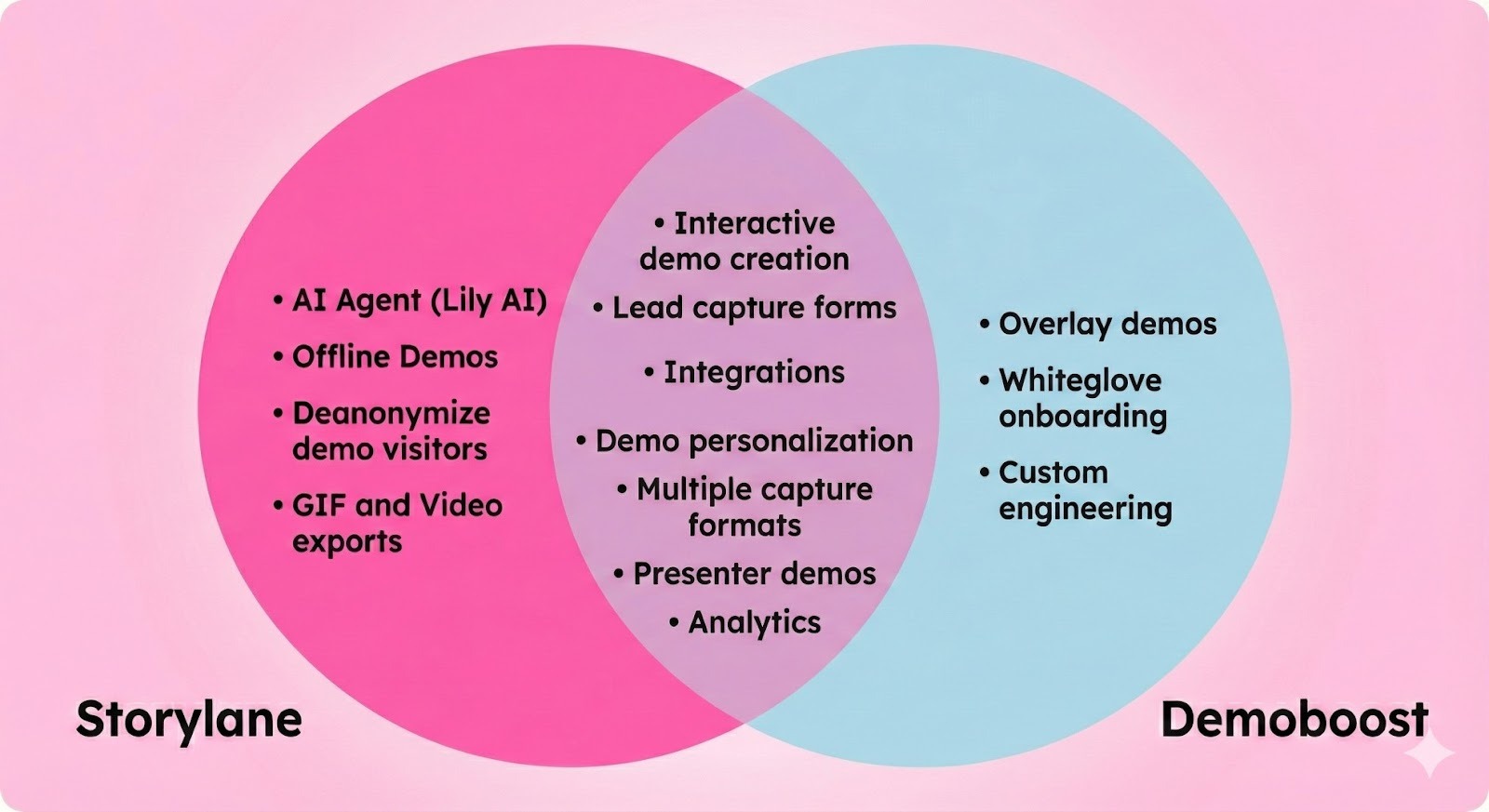
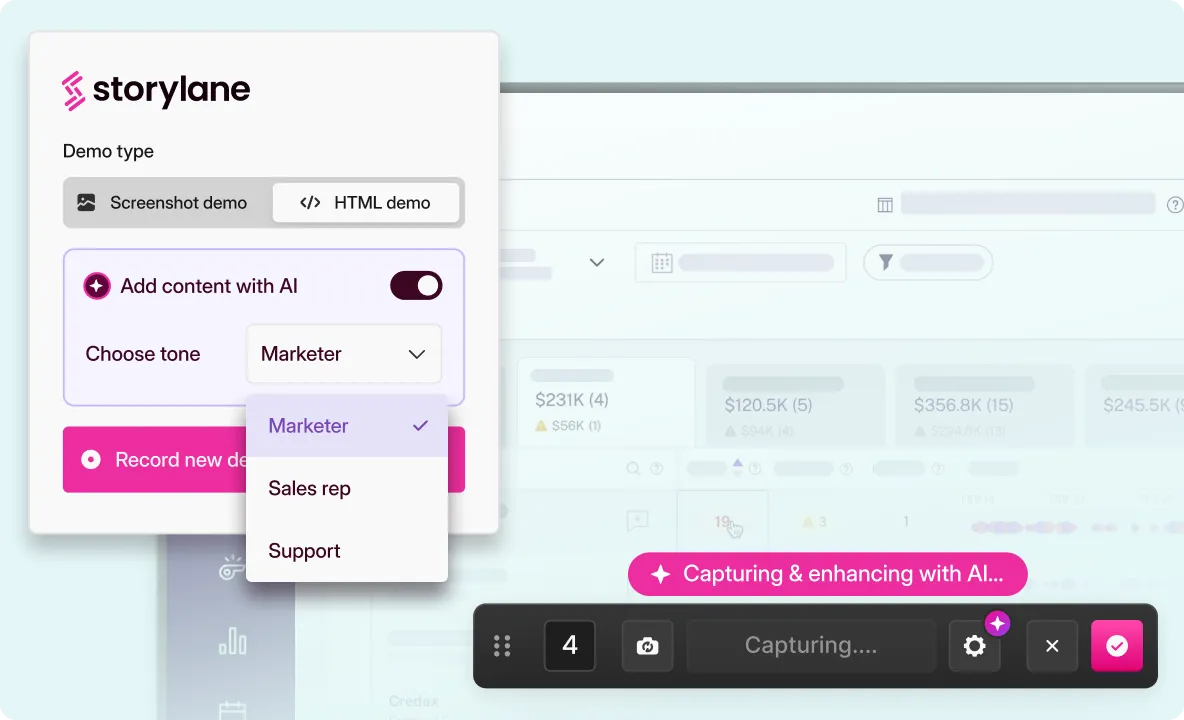
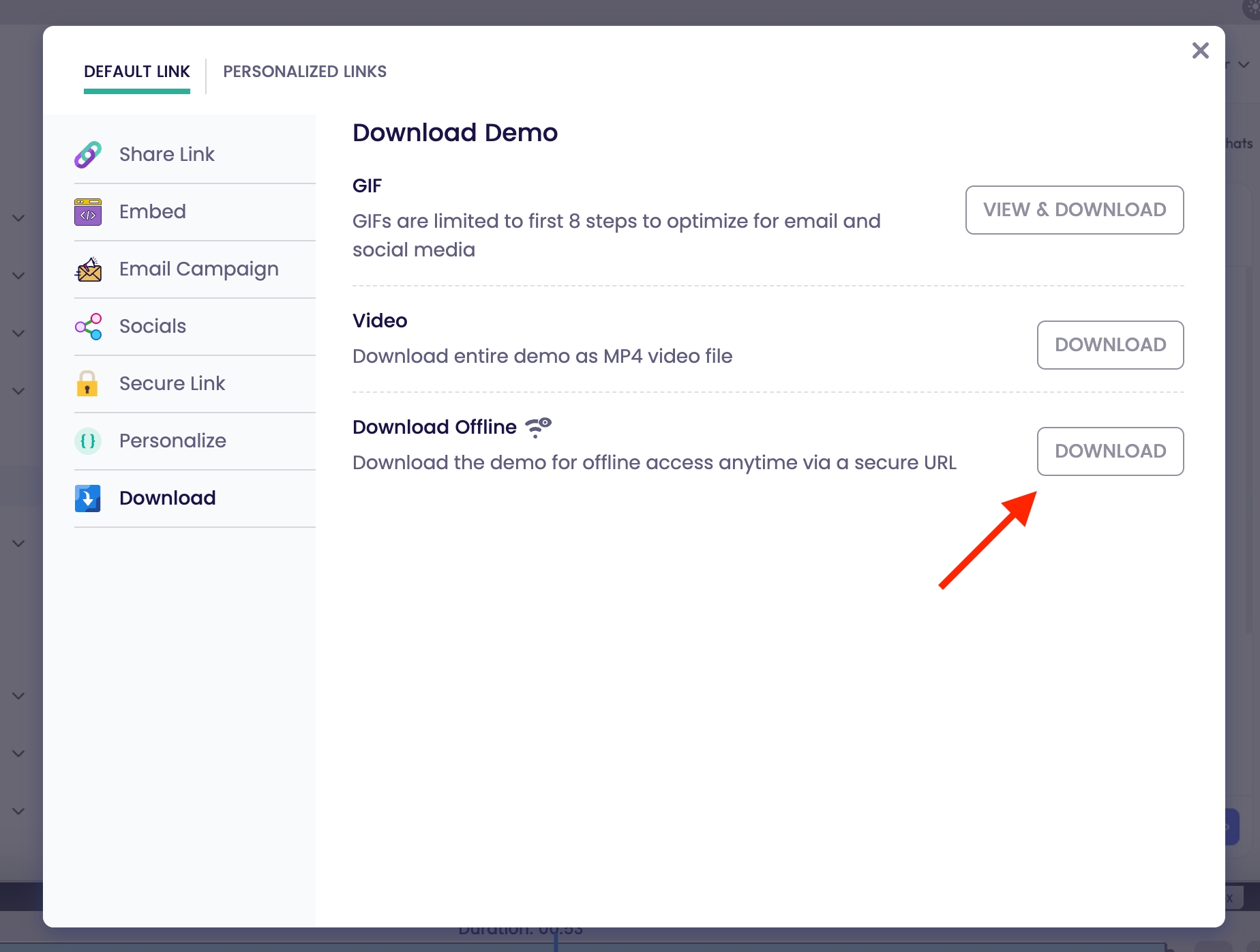
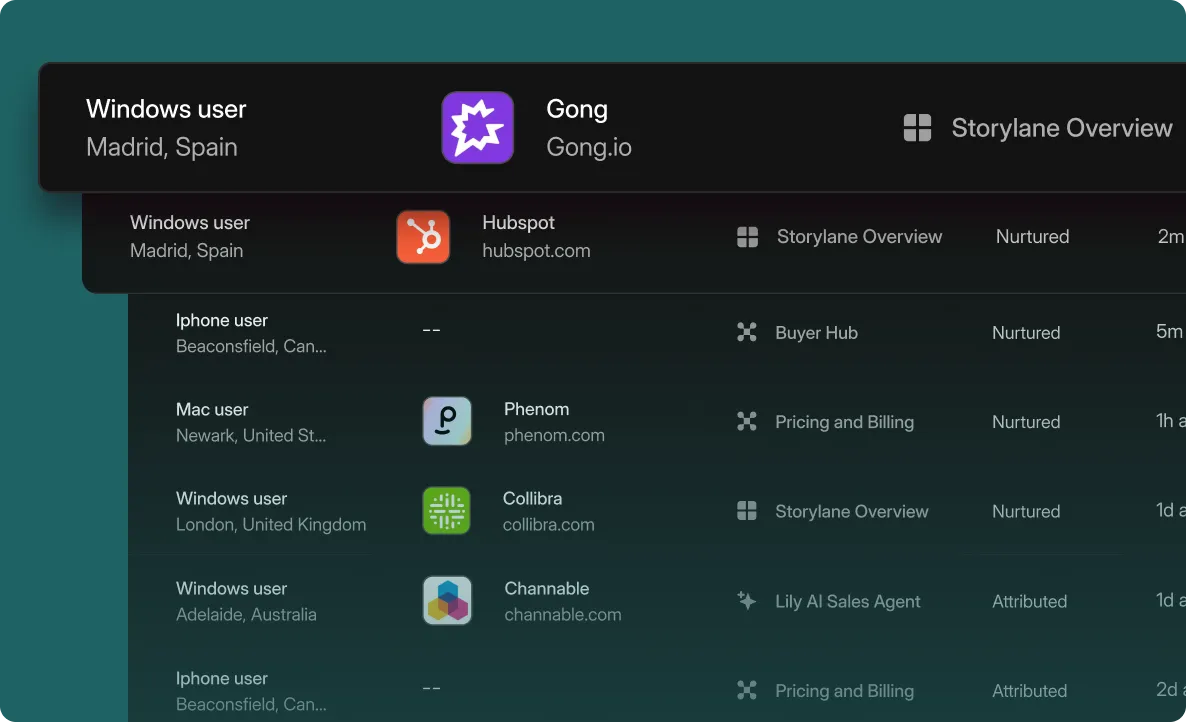
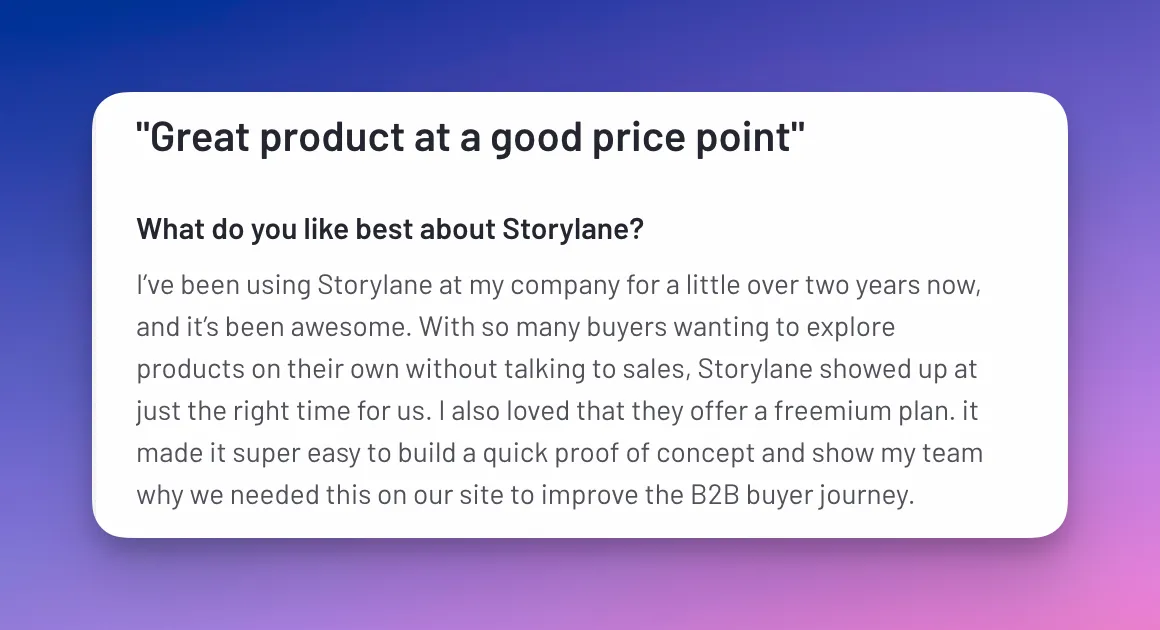
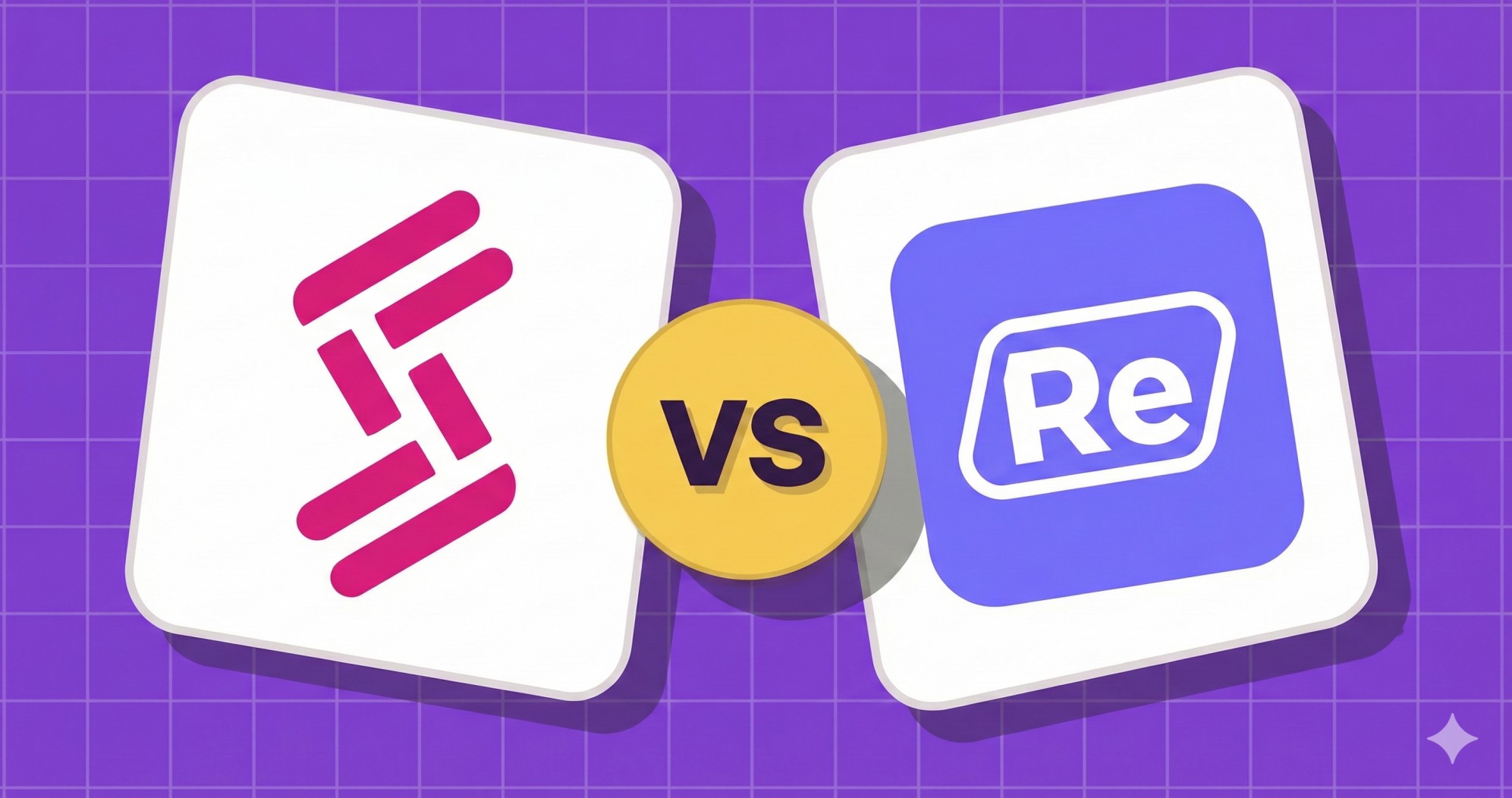
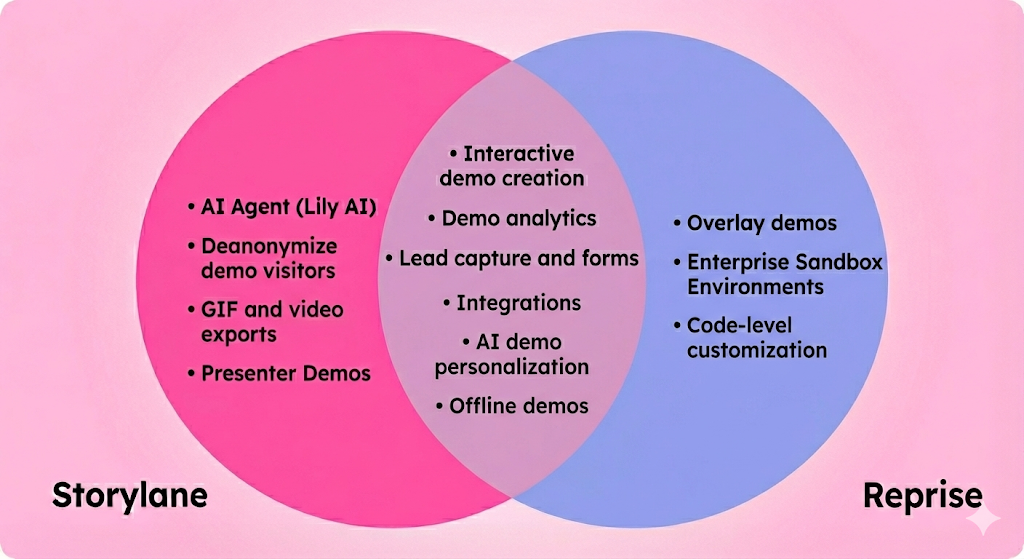
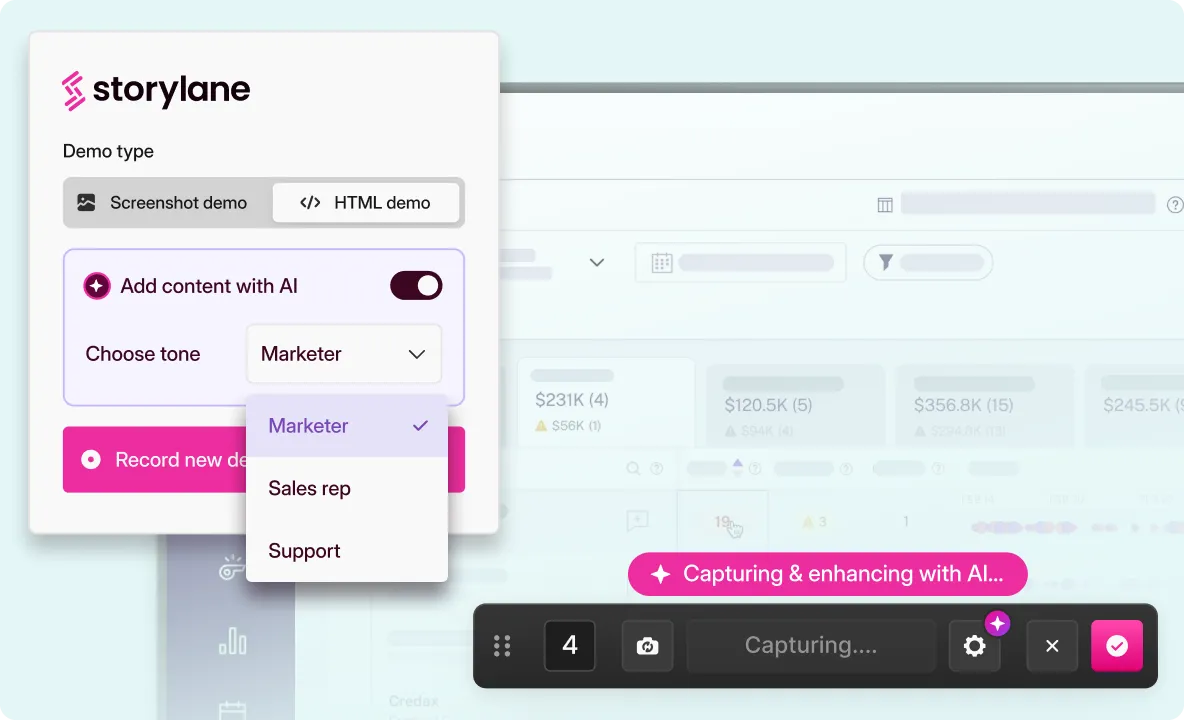
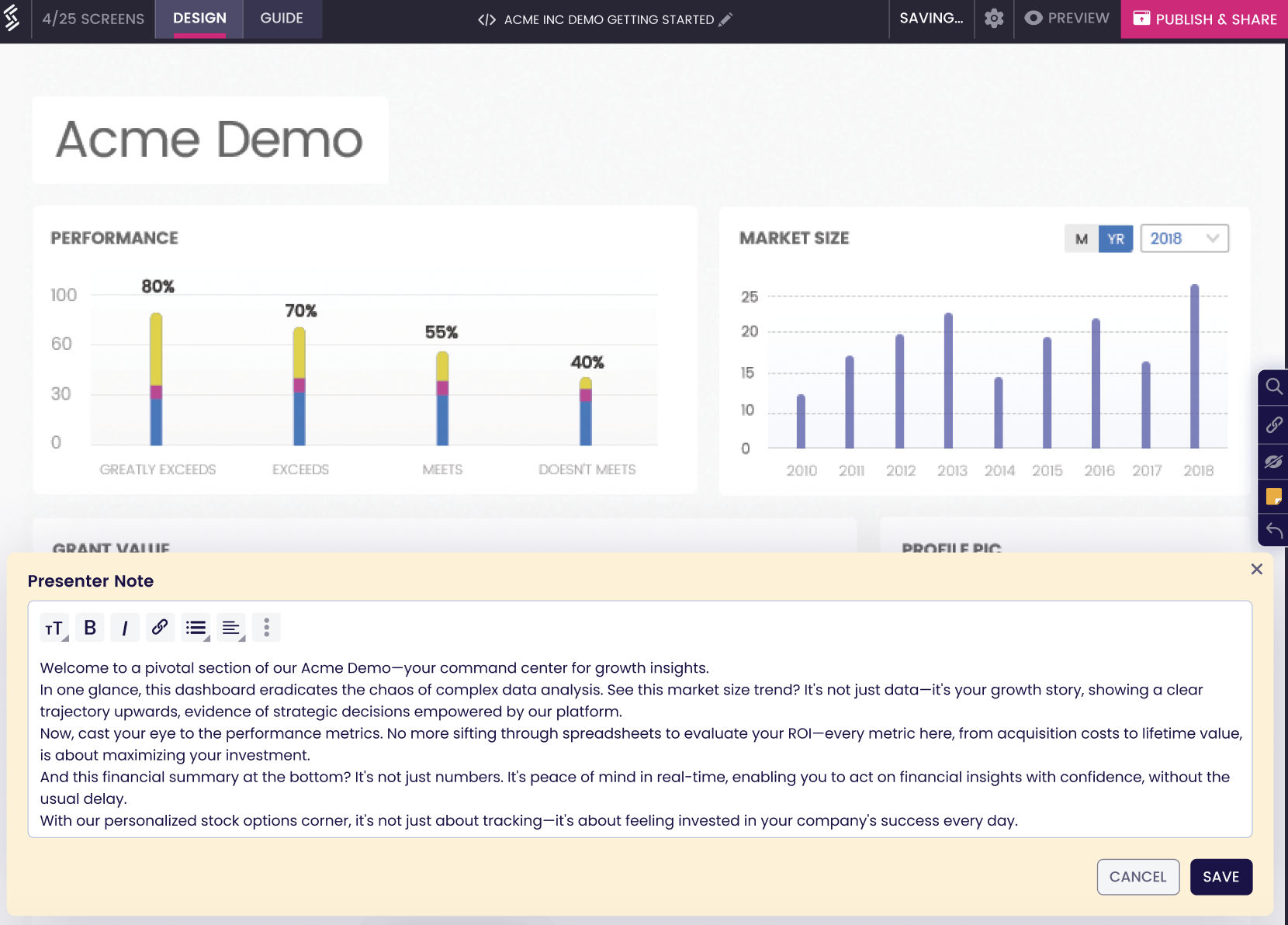
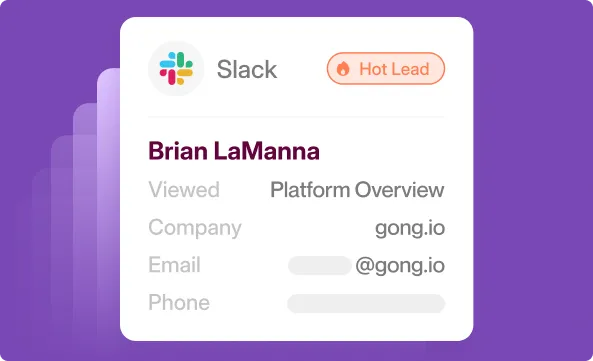
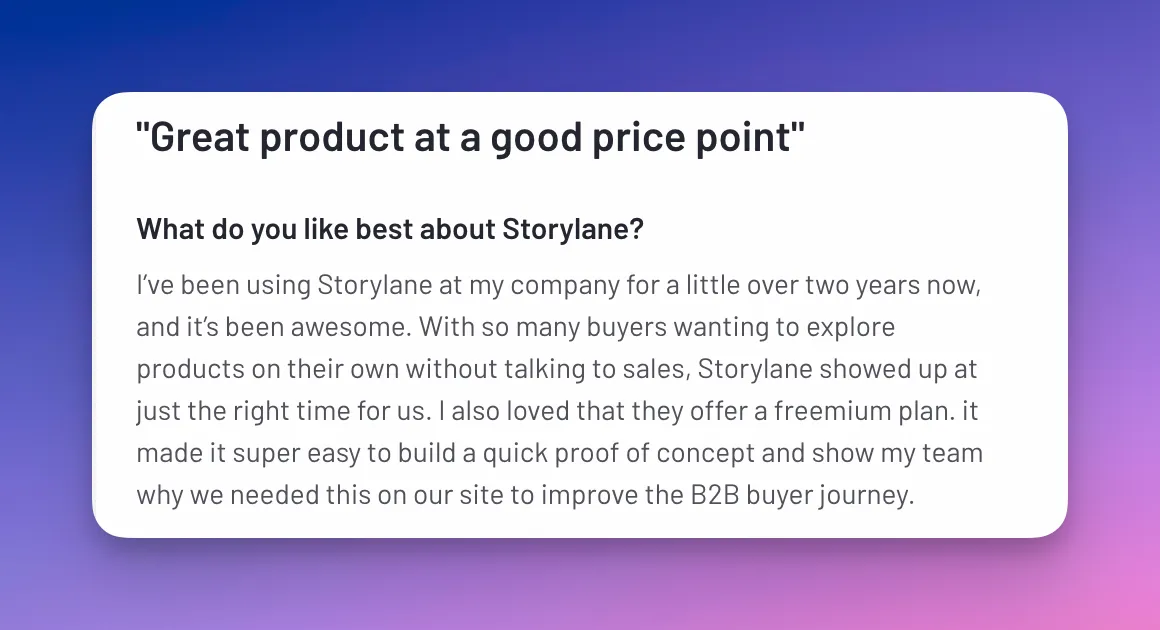
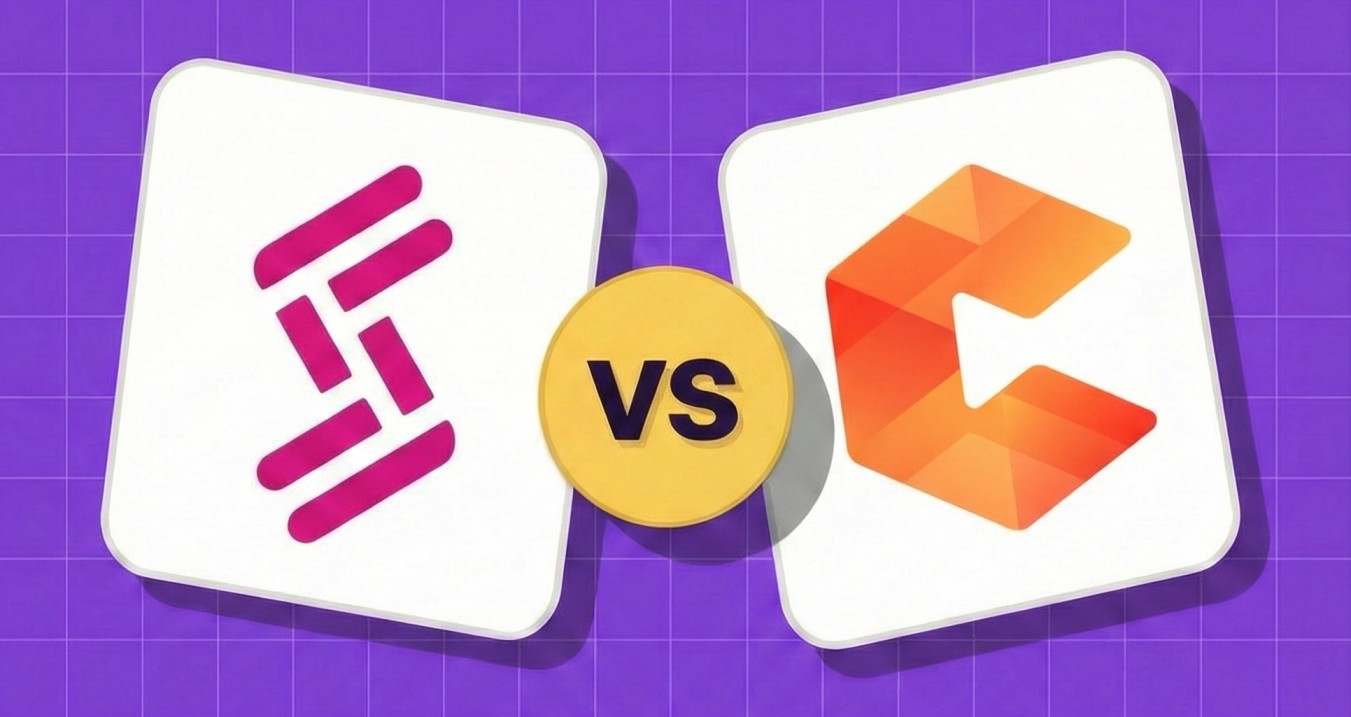
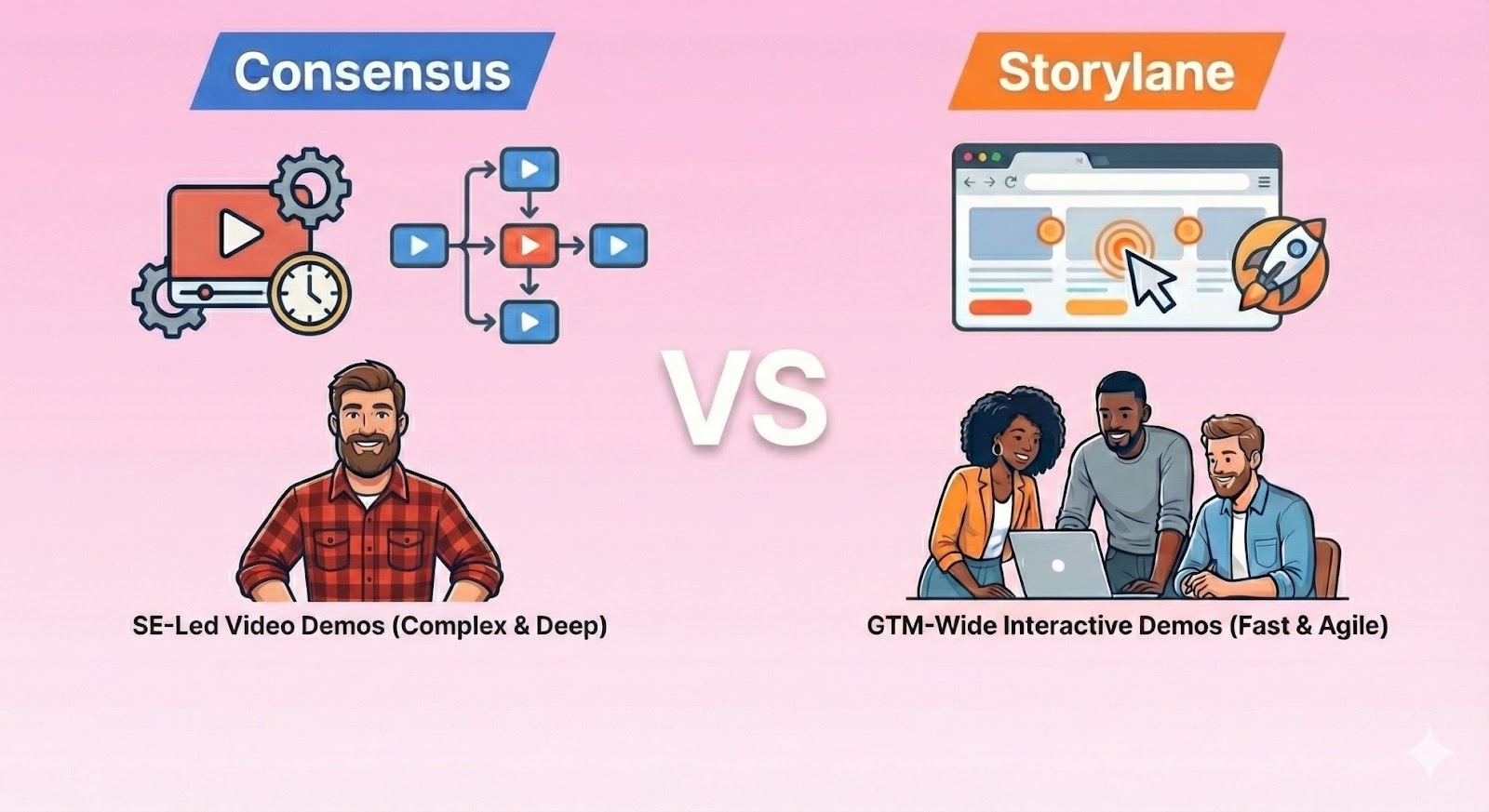
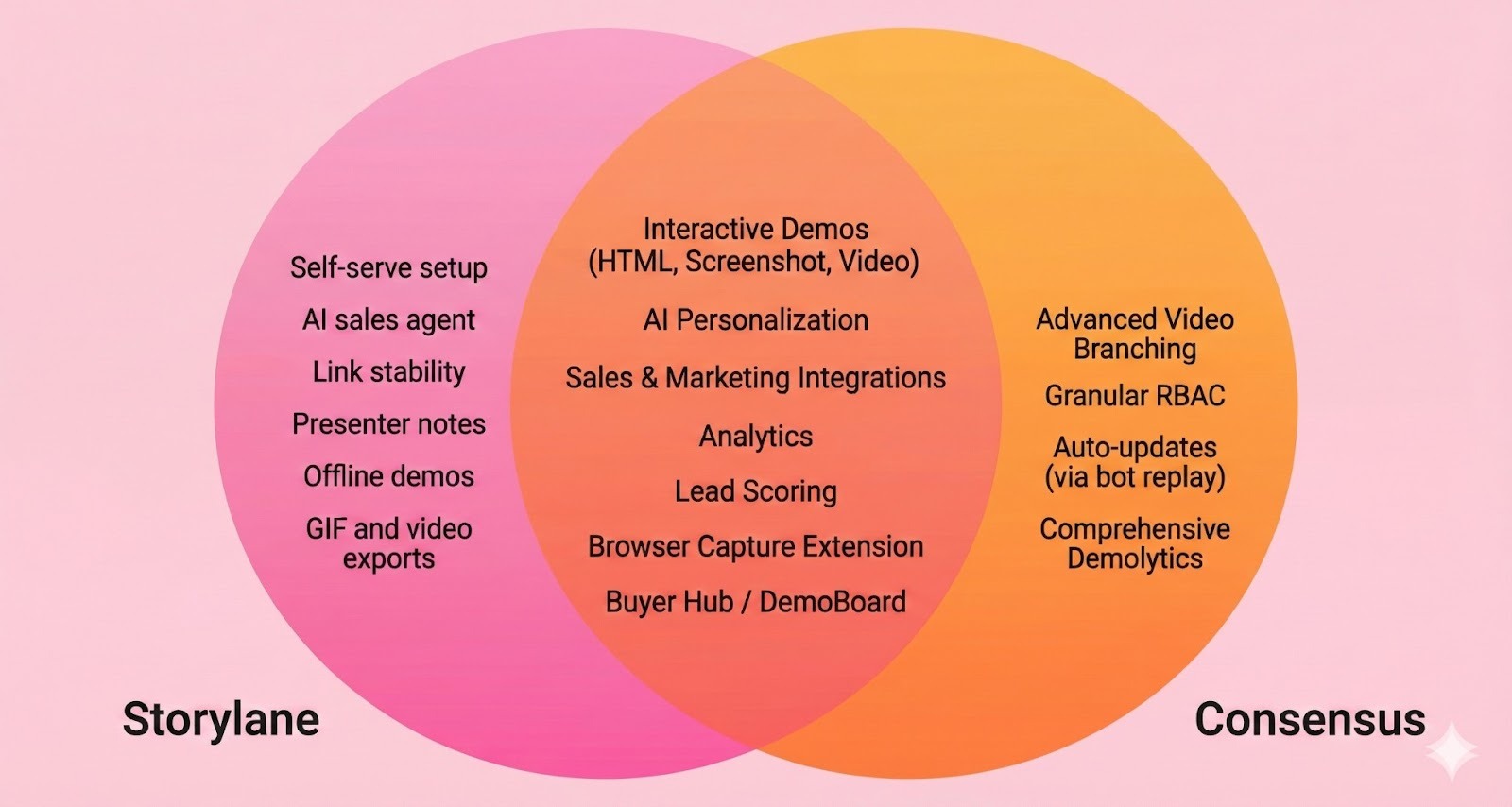

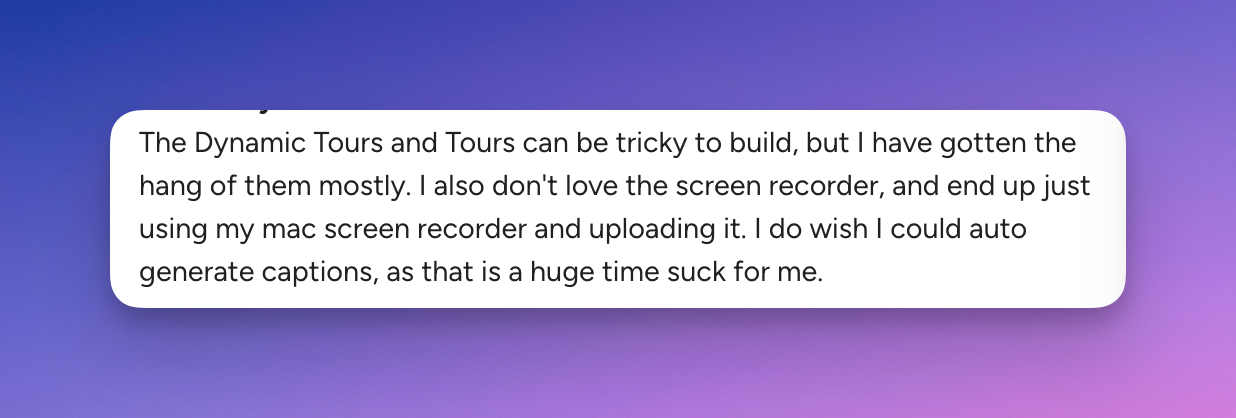
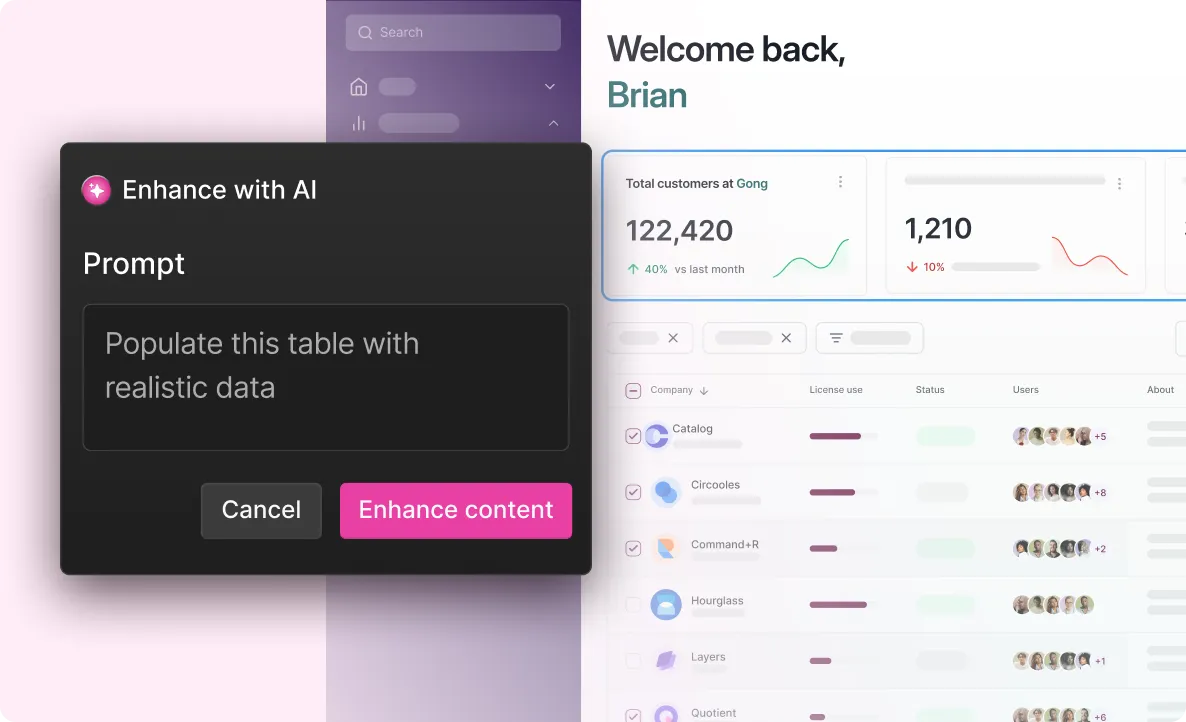

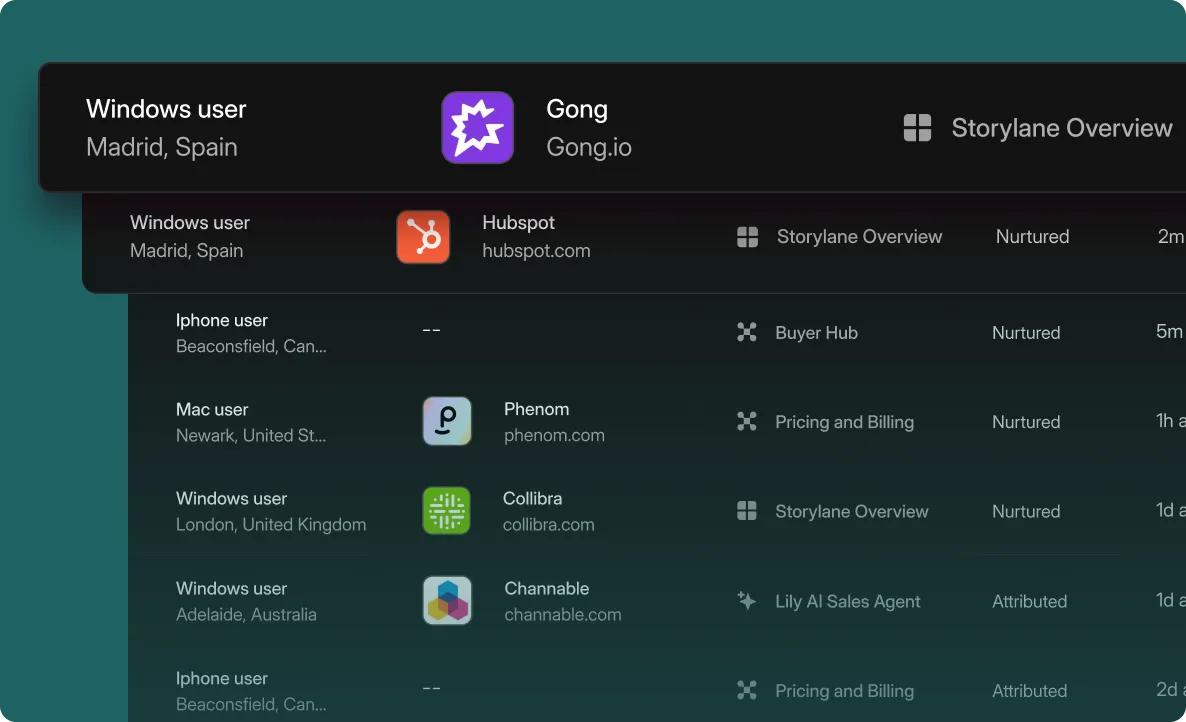
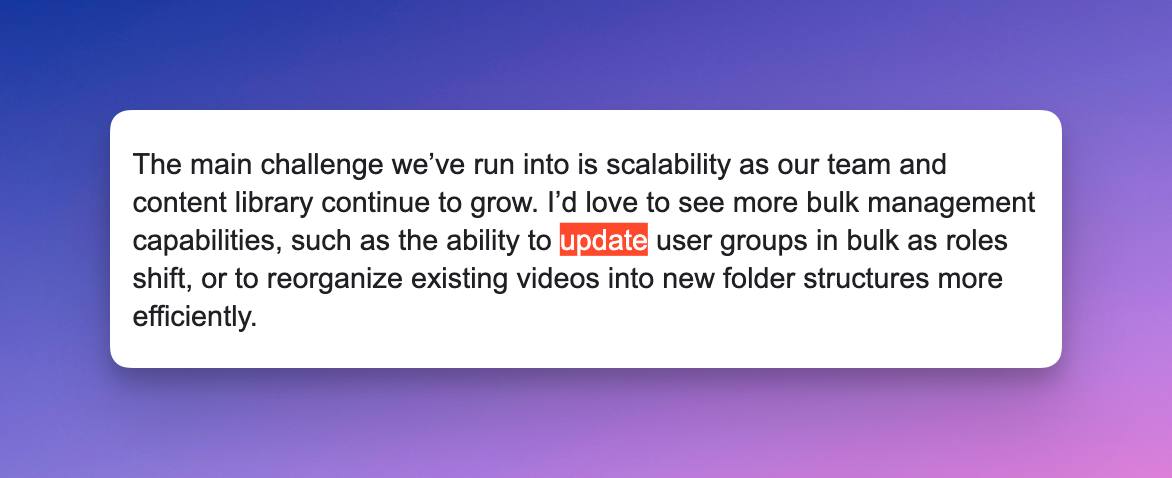

.svg)

.webp)